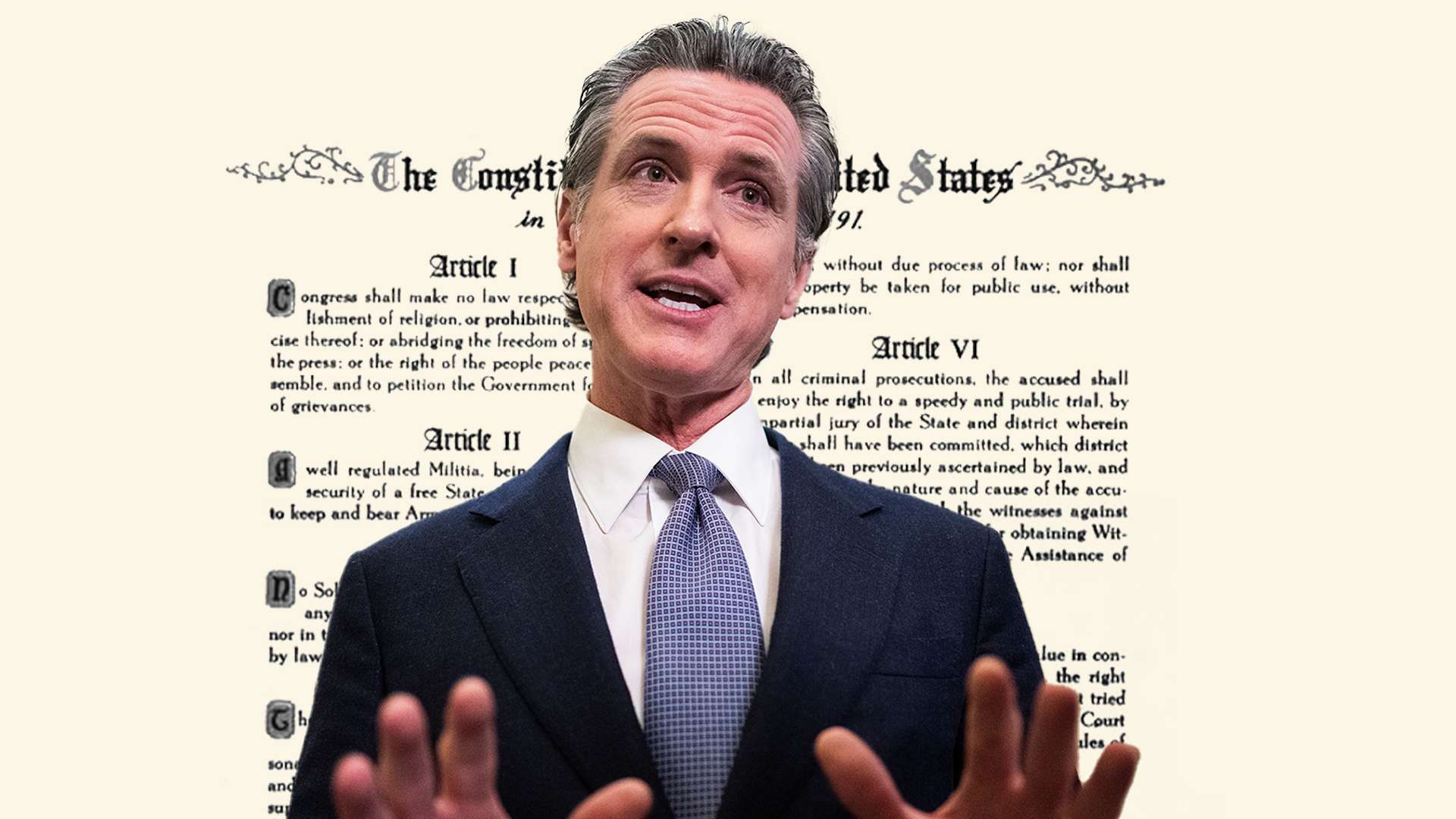The Michigan Supreme Court has denied Robert F. Kennedy’s request to have his name removed from the state’s general election ballot, reversing a lower court ruling and closing the last legal avenue available to Kennedy in the case.
In a split 5–2 ruling issued on Sept. 9, the Michigan Supreme Court reinstated the original ruling by the Michigan Court of Claims, which denied Kennedy’s motion for mandamus relief, an extraordinary legal remedy that requires a plaintiff to demonstrate a clear legal right and that the defendant, in this case the Michigan Secretary of State, has a clear duty to act.
“Plaintiff has neither pointed to any source of law that prescribes and defines a duty to withdraw a candidate’s name from the ballot nor demonstrated his clear legal right to performance of this specific duty, let alone identified a source of law written with ‘such precision and certainty as to leave nothing to the exercise of discretion or judgment,’” reads the majority opinion, which reversed an appeals court’s decision that sided with Kennedy and reinstated the lower court’s decision that dismissed his request with prejudice.
Michigan Supreme Court Justices Brian K. Zahra and David F. Viviano dissented. They argued that there was no statute prohibiting Kennedy from withdrawing from the election and no practical reason to deny Kennedy’s request to remove his name from the ballot before ballots were printed. Their dissent focused on harm to voters, contending that keeping Kennedy on the ballot would confuse voters and distort the true electoral choice.
“There is, however, a significant cost to the integrity of the election: the voters will be improperly denied a choice between persons who are actually candidates, and who are willing to serve if elected,” the dissenting justices wrote. “The ballots printed as a result of the Court’s decision will have the potential to confuse the voters, distort their choices, and pervert the true popular will and affect the outcome of the election.”
Days before the Supreme Court decision, the Michigan Court of Appeals argued that Kennedy had a “clear legal right” to withdraw, emphasizing that no specific statute prevented a presidential candidate from stepping down, even one nominated by a minor party.
“In about 10 battleground states where my presence would be a spoiler, I will remove my name and urge voters not to vote for me,” Kennedy said.
Michigan Secretary of State Jocelyn Benson’s office initially refused Kennedy’s withdrawal request, citing state law that restricts minor party candidates from withdrawing after being nominated at a state convention. Benson’s office also argued that Kennedy’s withdrawal request was too close to the ballot printing deadline.
Kennedy sued over the Secretary of State’s refusal to remove his name from the ballot, with the Michigan Court of Claims ruling against him and the Michigan Court of Appeals later ruling in his favor, prompting Benson’s office to appeal the decision to the state Supreme Court.
Neither Kennedy’s campaign nor Benson’s office returned a request for comment on the ruling.
The ruling could have implications for the presidential election, as reports have shown that in swing states like Michigan, Kennedy would take more votes away from Trump than Vice President Kamala Harris.
The decision echoes similar legal battles in other states, including North Carolina and Wisconsin, where Kennedy has faced opposition to his ballot withdrawal requests.
Please provide me with a rewritten sentence or paragraph to assist you.
Source link





